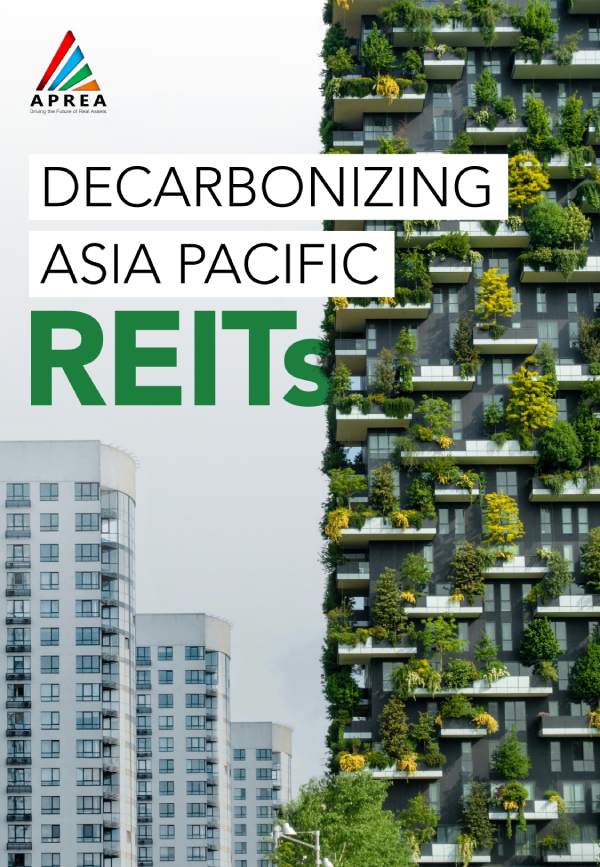Cushman & Wakefield released its 2023 Sustainability Report, highlighting the firm's global impact and progress across key sustainability areas. The report underscores the company's commitment to embedding sustainability in its operations and service offerings, helping clients achieve their goals while strengthening corporate reputation and mitigating risks. It reflects Cushman & Wakefield's focus on transparency, accountability, and continuous improvement in environmental, social, and governance (ESG) performance. Chief Sustainability Officer Jessica Francisco emphasized the firm's dedication to shaping a sustainable future, not only for clients and stakeholders but for the planet. Cushman & Wakefield is actively reducing its environmental impact, fostering a diverse and inclusive workplace, and enabling clients to meet their sustainability objectives. With ambitious future targets, the firm is focused on taking immediate action for a better, more sustainable future.
View the Report Read MoreMindspace Business Parks REIT Group is proud to present its third ESG report for the Financial Year (FY) 2024. Sponsored by the K Raheja Group, Mindspace Business Parks REIT (“Mindspace REIT”) and its Asset SPVs (hereafter referred to as “Mindspace REIT Group” or “Mindspace REIT” or “Group” or “we” or “us” or “our Entity”) are defining the future of efficient and equitable workspaces that are designed around the pillars of occupant wellness and sustainability.
Guided by an impact led ESG strategy, we encourage broader stakeholder participation to expand the reach of our sustainability practices and catalyze change across the larger ecosystem beyond our properties. As we grow our footprint to accelerate long-term value creation for our stakeholders, we continue to be powered by our ESG strategy.
Download the Report Read MoreAsia Pacific REITs are leading the charge in sustainability, driving the decarbonization of the region's real estate. With over 200 REITs and a market cap surpassing $250 billion, they are setting new standards for green assets and aligning with net-zero goals.
However, climate risks and regulatory pressures loom large, making it imperative for REITs to innovate and collaborate to safeguard their assets and seize the massive opportunity in sustainable growth. Learn how APAC REITs are navigating these challenges and pioneering a resilient, green future.


CEO
APREA

Head of ESG Consulting & Sustainability Services
Paia FROM CBRE, APAC
Download the Report (English) Download the Report (Chinese) Download the Report (Japanese)
Read MoreThere is a growing emphasis on sustainability and environmental footprint in the transportation and logistics industries worldwide, with nearly 70% of companies from these sectors in the Fortune 500 having set a net zero carbon target, and around half aiming to achieve this objective by 2030 or earlier. This growing trend is also influencing logistics occupiers’ real estate decision-making worldwide.
In Asia Pacific, an increasing number of logistics occupiers are seeking more environmentally friendly warehouses and distribution centres. CBRE’s June 2024 Asia Pacific Leasing Market Sentiment Index found that energy-related features, particularly renewable energy supply and energy efficiency management, are most preferred. Many survey respondents indicated that occupiers also have a preference for facilities that possess some form of green certification, and that provide charging infrastructure for electric vehicles.
With more occupiers embedding sustainability into their real estate strategy, landlords and investors must accelerate the greening of their Asia Pacific logistics portfolios.
This Viewpoint explores occupiers’ most sought-after green features and explains how asset owners in the region should respond to rising demand for environmentally friendly logistics real estate.
Download the Report Read MoreThis report, published in collaboration with Oliver Wyman, highlights the pivotal role of cities in leading the global fight against climate change and biodiversity loss. Coordinated city action for nature is not only vital to achieving the goals set by the Global Biodiversity Framework (GBF), but also strategically necessary given the climate-, health- and infrastructure-related urban challenges arising from existing unbalanced relationships with nature and the biosphere.
This report was originally published in https://www.weforum.org/publications/nature-positive-cities-guidelines-for-rehabilitating-nature-in-the-urban-era/
Download the Report Read More